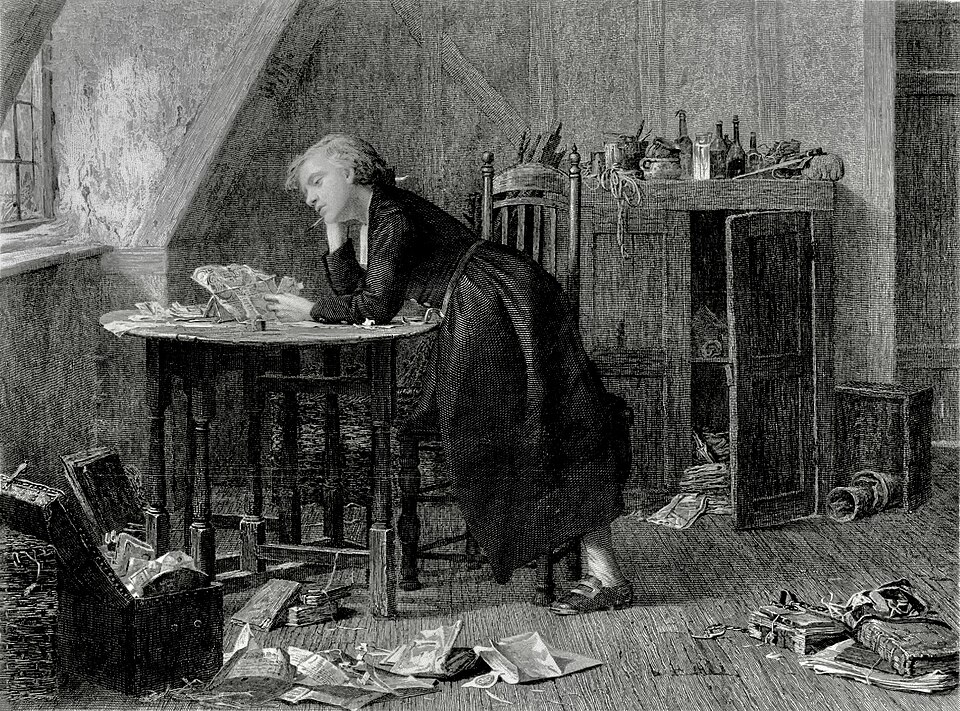Guide to Literary Fraud
From The Observatory
Editor: Katherine Dolan
Source: The Observatory
Why do some authors pretend to be someone they are not? Why do they claim experiences that they don’t have? What drives them to create texts and claim that they are ancient? By examining some examples of literary fraud from the modern era, we can gain insight not only into a fraudulent writer’s perspective, but also into readers’ expectations, publishing practices, and what kind of story a culture values.
1
By John Dolan | From The Observatory
John Dolan examines the phenomenon of the literary hoax, particularly the fraudulent memoir. He argues that a successful hoax often props up a cherished but wobbly belief shared by its readers. Frequently, a popular fake stimulates a combination of ideology, prurience, and piety.
2
By John Dolan | From The Observatory
In 2006, the publishing world was rocked by the revelation that James Frey’s edgy memoirs were more fiction than fact. Years before Oprah Winfrey scolded Frey on air for duping her, John Dolan’s reviews of A Million Little Pieces and My Friend Leonard argued he was lying and probably stealing from another author. Dolan’s analysis remains entertaining and illuminating today, showing why Frey lied and why readers loved it.

